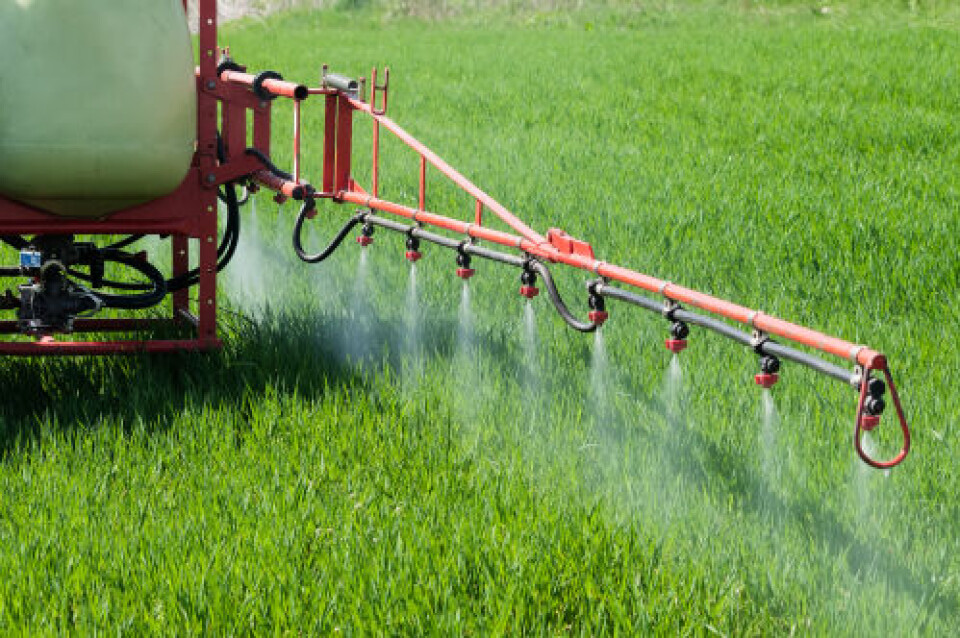-
France finally passes 2026 budget - what it means for residents
Budget has measures to help homeowners and low earners but is more punitive to business and local authorities
-
Strikes and protests in February 2026 and how you may be impacted
Rolling strike notices affecting tax offices and other parts of the public sector continue
-
French MPs support making hospital parking free
Bill requires approval by the Senate before becoming law
Major farm herbicide to be withdrawn in France to protect groundwater
S-metolachlor, typically used in maize, sunflower and soya crops, is to be pulled from sale after studies found ‘unacceptable levels,’ including in water destined for human consumption

A major herbicide used in French farming is set to be banned by health authorities after it was found to have links to pollution of the groundwater table.
Completely banning a herbicide is a rare occurance in France.
The herbicide S-metolachlor will be withdrawn for most of its major uses in France, confirmed the health, food and environment agency Agence nationale de sécurité sanitaire de l’alimentation, de l’environnement et du travail (Anses), on February 15.
It said that expert studies had shown that three products connected to this herbicide had been found in underground groundwater (the deep water in the earth that refills the water table), in levels higher than that set by European legislation.
Read also: Pesticide no-spray zones in France ‘not enough to keep us safe’
Unacceptable levels of contamination found but no risk posed to tap water
The product has been authorised for use since 2004, and around 2,000 tonnes are spread across crops in France each year. It is used particularly for corn or maize crops but also sunflower and sorghum.
It is sold by farming chemist company Syngenta. The company now has six months to stop the sale of the product and farmers have one year to stop using it completely.
It comes after Anses published a report on the issue in September 2021. It considered data on the contamination of underground water, surface water and water for human consumption.
It found: “Exhaustive examination of the available data showed quite a ubiquitous presence of [S-metolachlor], in all of the aquatic compartments. We noted unacceptable levels of contamination…higher than 0.1ug/l (0.1 microgram per litre).
“However there is no risk to consumers.”
In 2019, almost one-third of tap water samples accross the country identified a herbicide residue.
Read also: How winemakers in France are reducing pesticide use
The Anses study found that after being spread, the herbicide breaks down and becomes persistent in the surrounding environment.
After the report first came out, restrictions around the use of the herbicide were intensified, including reducing the maximum doses for maize, sunflower, soya, and sorghum crops. However, these measures were not enough to get the contamination levels below acceptable thresholds.
In response, Anses decided to move forward to a total ban. It based its decision on conclusions from a forthcoming report by The European Food Safety Authority. This is set to be released in the next few weeks.
It may then lead to the European Union choosing not to reauthorise the herbicide for use across the bloc.
Related articles
Organic crops in France found to contain herbicide carried in wind
























